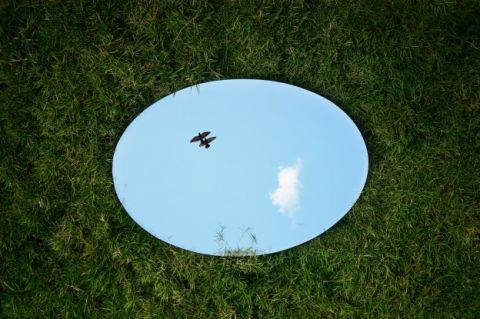
In this piece for the Together We Are blog, Lauren Winkler, a Kanien’keha:ka student at Queen’s, talks about her journey relearning to love herself in the different roles of her life: daughter, sister, niece, grandchild, and friend.
“Education is what got us here, education is what will get us out.” – Senator Murray Sinclair
When I think of university, or post-secondary education, or life for that matter, one word comes to mind: opportunity. Coming to Queen’s I was excited about the opportunity to live on my own, to make new friends, to find myself (because at the time I thought that was something that would just happen… I only wish), and to learn. Sure enough, I have thrived living in my independence, made lifelong friends, and gained a better sense of who I am. What I did not anticipate were the challenges to my own way of thinking that would come from my professors and peers, the different perspectives and life experiences that would be shared with me, and how strengthening my values would shift how I learned and perceived the world. Before university, I always saw learning as linear, but I now understand it to be a lifelong process in which I will learn, unlearn, and relearn. I believe that the more you learn, the better equipped you are to practice empathy, engage in meaningful discussion, and be a catalyst for change.
It was during my undergraduate degree that I first heard the term “unlearning” and it was not until this past summer that I truly understood the concept of “relearning.”
Usually when I tell my story, it heavily focuses on my identity as an Indigenous student. Today, however, I want to embrace my vulnerability and share a different narrative. I want to tell you about how I am relearning to love myself. To love myself as a daughter, sister, niece, grandchild, and friend. To love myself as a woman, as a Mohawk woman, a student, as a law student. To love myself as an advocate for Indigenous peoples, as a student to my culture, as a member of the Onkwehon:we community. To do this, I have had to unlearn toxic pressures and expectations that I put on myself, unlearn my view of vulnerability as being negative, and unlearn stigmas attached to mental health and mental illness. In the past year, I have learned that eating disorders are not solely a result of body image, I have learned that healing is not linear, and I have learned that sharing my own story helps others to validate their own. Struggling with depression, anxiety, and disordered eating, I have had to relearn patience with myself, relearn to validate my thoughts and feelings, and relearn loving myself for who I am.
You will have noticed that at the beginning of this post I included a quote by Senator Murray Sinclair. Where his quote is referring to the residential school system and the power that education has in the process of reconciliation, I think that his message on education can be applied to any situation. I truly believe that we all have so much to learn from one another and that we would all be in a better place if we genuinely listened to and engaged with one another. If we unlearned narratives that we have been taught about one another. If we relearn how to connect with one another to work towards a larger purpose. To me, that is the power of learning, unlearning, and relearning – they are processes that I will be humbly engaging in my whole life and the thought excites me.
As Together We Are marks its fifth year, the blog will focus on unlearning and relearning. The contributors will talk about the learnt attitudes, behaviours, and feelings that must be changed in order to foster a truly inclusive campus.